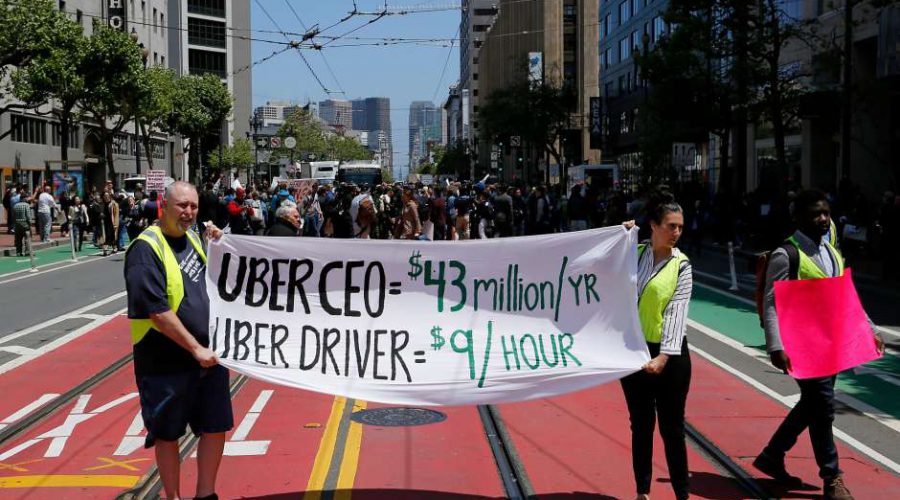Sharing economy in COVID-times – Sharing economy series, part 2
Welcome to the CCC’s sharing economy series. In this series of short blog posts, I elaborate on what the sharing economy is, present the main findings of the Sharing Economy Index, and look at potential future regulations surrounding these services.
The current pandemic has had a huge impact on the delivery of sharing economy services. As was discussed in the previous blogpost, online platforms have demonstrated exceptional adaptability and have gone above and beyond to make sure consumers continue to see value in using them.
While some sectors of the sharing economy, like ride-sharing and home-sharing, have suffered immense losses due to strict lockdowns around the world, others have increased their profits and proved to be invaluable. For example, delivery apps became an essential part of our everyday lives. With restaurants being closed, the fear of virus transmission, and difficulty of travelling due to transport restrictions, we found ourselves relying on delivery services.
To avoid human interaction at the delivery point, Doordash, an online food delivery platform, like many others, introduced a contactless delivery option that can be requested both by the customer and the deliverer. According to Statista, in the second quarter in France, restaurant delivery users increased by 24% compared to pre-pandemic numbers. In the US, delivery companies also reported growth in their revenues. Combined revenues from the four major delivery companies, Uber Eats, Doordash, Postmates, and Grubhub, from April-September 2020 was double the amount during April-September 2019.
Professional car-sharing services experienced a huge drop in demand during lockdowns, but once people started to get back on the move rather than opt for public transportation they placed more trust in car-sharing services as it entails low risks of virus transmission. Share Now increased their hygiene measures, and they have been cleaning and disinfecting their cars four times more than usual. Peer-to-peer car-sharing platforms, like Turo and Getaround, have also bounced back from pandemic-related setbacks. To reassure people into using their services again they eased cancellation policies and introduced additional cleaning measures.
As demand for services dropped drastically, many companies had to cut losses. Uber, for example, had to lay off thousands of employees to reduce operating expenses, most of those employees being customer service agents, and had to close 45 offices globally. Lyft, another ride-sharing company and Uber’s biggest rival, had to let go of 17% of its workforce.
To comply with new covid restrictions introduced by the local governments, Uber and Airbnb changed and adapted their processes. Uber made it obligatory to wear masks while riding, and before ordering a ride, you have to confirm you will be wearing a mask during the ride. Airbnb introduced additional safety measures and made it a requirement for hosts to carry out a 5 step cleaning process between the guest stays.
Overall, despite the doom and gloom of the pandemic, the sharing economy managed to survive and continue to innovate. These unprecedented times were more challenging for some than for others. While some services, like ride-sharing and home-sharing, had to lay off a significant amount of their workforce, delivery platforms saw record-breaking demand for their services.
The next blogpost in our series will discuss some of the controversies surrounding sharing economy platforms and how governments are trying to regulate this innovative sector.










